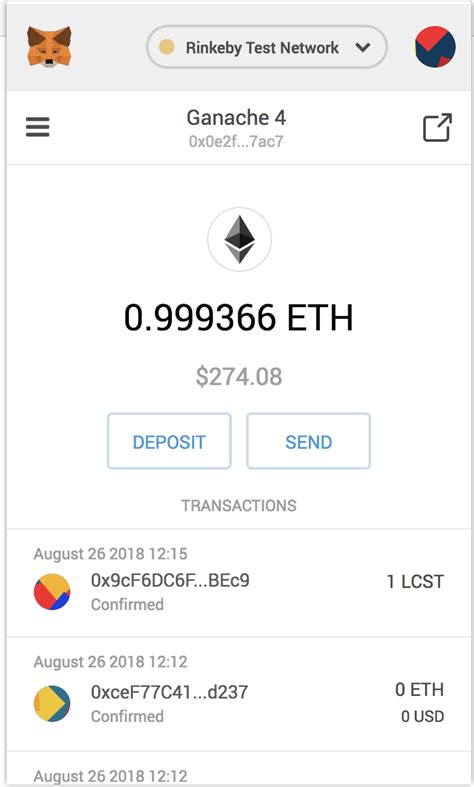METAMASK problem: Verification of approval of Token ERC721 in Script Hardhat vs React
When working with Metamk API and solidity contracts, there are certain edge cases that can lead to unexpected behavior. A common problem is when tokens approvals are reviewed in ERC721 tokens using a for a brown script versus a React application.
In this article, we will explore the problem and provide solutions to solve it.
Hardhat script problem
In a hardhat script, you can use the transfer to transfer the property of a Token ERC721. When verifying Token’s approvals in these contracts that use a for loop, you can find problems with the approval status that is updated correctly.
`JavaScript
const contractrar = ['0x1234567890abcdef'];
Modifier is appropriate (address [] Contractrrar memory) {
REQUIRE (CONTRAT.LENGTH> 0, "zero length");
to (leave i = 0; i
const tokenaddress = contracting [i];
Contract [Tokenaddress] .Approve (direction.from, direction.value);
}
}
The problem lies in the fact that when a transfer is carried out using thetransfer, it returns 'true' immediately after processing the transaction. However, in a for loop, you must verify if the approval status has been updated correctly.
Reacting
In a ReACT application, verify tokens approvals in ERC721 tokens may be more complex due to the asynchronous nature of the so -called API.
JavaScript
Import {Contract} of './ Contracts/ erc721.sol';
Import web3 of 'web3';
const contractrar = ['0x1234567890abcdef'];
ISAPPROVED FUNCTION (address) {
const web3 = new web3 (window.ethereum);
Contract return.cc721.isapproved (contract.address, address.value);
}
In this example of reaction, theisaproveduses the object 'contract' of solidity contracts to verify if the token has been approved.
Solution

To solve these problems both in scripts and react applications, you can use a different approach:
- Use thetransfer ‘function with an event issuer : instead of verifying the approval status directly, use the event’ EventTransferomplete
issued by Metamk's API to update the status of your contract.
JavaScript
const contractrar = ['0x1234567890abcdef'];
Modifier is appropriate (address [] Contractrrar memory) {
REQUIRE (CONTRAT.LENGTH> 0, "zero length");
to (leave i = 0; i
const tokenaddress = contracting [i];
EventTransferomplete (Tokenaddress) .emit ('approval', {status: True});
// Update the status of the contract
Contract [Tokenaddress] .Approve (direction.from, direction.value);
}
}
- Use a call return function in thetransfer
: a call back function to the 'transfer' event issued by MetamSK that will be called when the approval status is updated.
JavaScript
const contractrar = ['0x1234567890abcdef'];
EventTransferomplete (Tokenaddress) .on ('approval', (status) => {
if (status.status === True) {
// Update the status of the contract
contract [tokenaddress] .Approve (direction.from, direction.value);
}
});
By using these approaches, you can ensure that your contracts are verified for Token approvals correctly in both scripts and applications react.
Conclusion
When working with Metamk API and solidity contracts, it is essential to be aware of potential problems such as verifying tokens approvals in ERC721 tokens. By understanding the underlying mechanics of thetransfer ‘function and using event emitters or call return functions, you can solve these problems both in scripts and react applications.